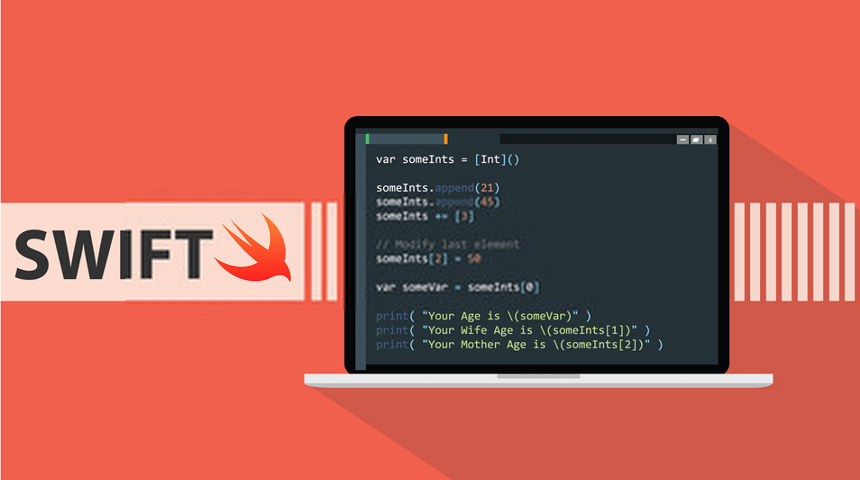
Free eBooks for Beginners
SWIFT is a powerful, high-performance programming language that is widely used for developing a wide range of applications. It is known for its ease of use and the ability to write clean, readable code. Whether you are a beginner or an experienced developer, you will find that there is always something new to learn about SWIFT. One area of the language that is particularly useful to learn about is Advanced Operators. In this article, we will take a closer look at what advanced operators are, what they can be used for, and how they can help you write more efficient and effective code.
Advanced Operators are a set of powerful tools that allow you to perform operations on values in your code. They are designed to make it easier to write complex code and to make your code more readable and maintainable. Some of the most common advanced operators include bitwise operators, range operators, and null coalescing operators. These operators allow you to perform operations such as shifting bits, creating ranges of values, and checking for the existence of a value.
Bitwise operators are used to perform operations on the individual bits of a value. They allow you to manipulate values at the most basic level, making it possible to perform operations such as shifting bits, testing bits, and setting bits. This can be extremely useful when working with binary data, and can help you write more efficient code.
Range operators are used to create a range of values. They allow you to specify a start and end value, and then to step through that range, performing operations on each value. This can be extremely useful when working with arrays and other collections of values, and can help you write more efficient and effective code.
Null coalescing operators are used to check for the existence of a value. They allow you to specify a default value that will be used if the value you are checking for is not present. This can be extremely useful when working with optional values, and can help you write more robust code.
In conclusion, advanced operators are an essential part of the SWIFT programming language and can be extremely useful when writing complex code. Whether you are a beginner or an experienced developer, it is well worth your time to learn about these operators and how they can help you write more efficient and effective code. Whether you are working with binary data, arrays, or optional values, you will find that advanced operators can help you to write code that is more readable, maintainable, and efficient. So, whether you are just starting out with SWIFT or are looking to take your skills to the next level, be sure to familiarize yourself with advanced operators and see how they can help you write better code.
Cookbook – SWIFT for Beginners – Chapter 25: Advanced Operators
 Loading...
Loading...
Disclaimer: The information and code presented within this recipe/tutorial is only for educational and coaching purposes for beginners and developers. Anyone can practice and apply the recipe/tutorial presented here, but the reader is taking full responsibility for his/her actions. The author (content curator) of this recipe (code / program) has made every effort to ensure the accuracy of the information was correct at time of publication. The author (content curator) does not assume and hereby disclaims any liability to any party for any loss, damage, or disruption caused by errors or omissions, whether such errors or omissions result from accident, negligence, or any other cause. The information presented here could also be found in public knowledge domains.